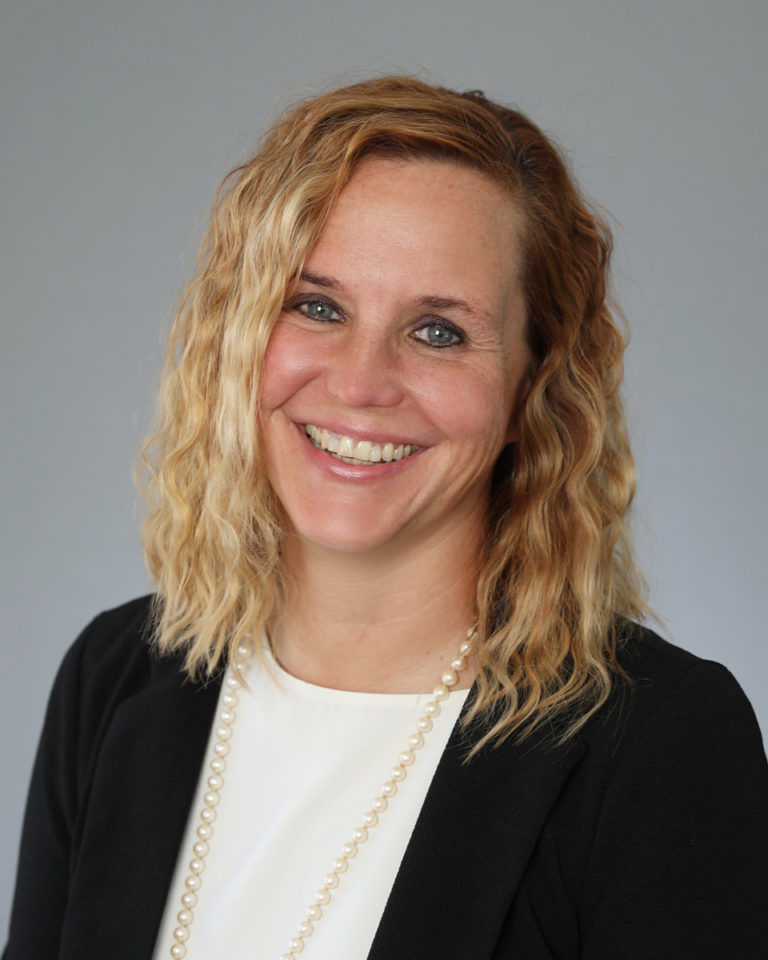Melissa Wilkinson is a veteran child welfare worker in the State of Missouri, with more than fourteen years of field experience. Melissa is also a first-generation graduate student. Melissa’s formal education includes earning her Bachelor of Science in Psychology from Lincoln University in 2010, and her Master of Social Work from the University of Kentucky in 2023, and she is currently on track to complete her Doctor of Social Work (DSW) in May of 2024. Melissa was one of three graduate students selected for University of Kentucky’s Master of Social Work to Doctor of Social Work bridge program, a competitive program providing her with the opportunity to simultaneously work towards her Masters and Doctor of Social Work.
Melissa has allowed her experience as a veteran child welfare worker to influence her academic research by exploring how the inequitable distribution of social resources promotes the cyclical relationship between substance-using mothers and the child welfare system. In addition to identifying social resource disparities, Melissa also recognizes the importance of eradicating the stigmas and biases surrounding substance usage to improve the well-being of children and the preservation of their substance-affected families. Melissa has acquired an array of experience in working with children, teens, families, substance-using mothers, substance-affected families, and various service providers. Melissa believes social workers are in the unique position to be leaders in finding solutions to the divisions that exist between people. This journey has allowed her to identify gaps in research, knowledge, and programming and to suggest the development of a holistic framework that would simultaneously increase cross-s.


